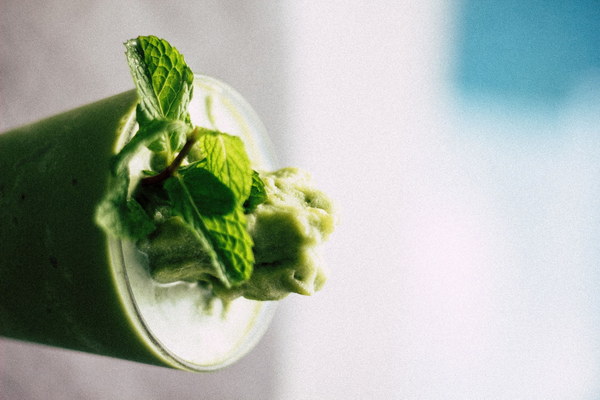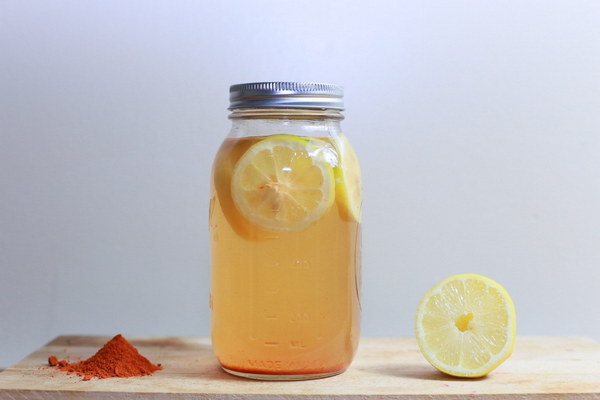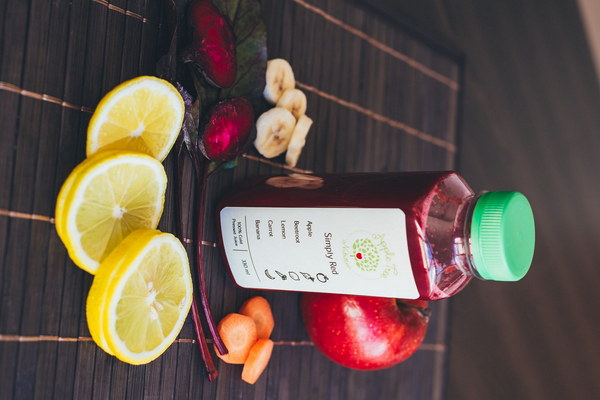How Long Does It Take to Heal Kidneys Through Nourishment
Introduction:
Kidney health is a vital aspect of overall well-being. When it comes to nurturing and healing the kidneys, many individuals seek natural remedies and lifestyle changes. However, the question often arises: How long does it take to heal kidneys through nourishment? In this article, we will explore the factors that influence the healing process and provide insights into the duration it may take to restore kidney health.
1. Understanding the Kidneys:
The kidneys are bean-shaped organs located on either side of the spine, just below the ribs. They play a crucial role in filtering waste products from the blood, maintaining fluid balance, and regulating blood pressure. When the kidneys are compromised, it can lead to various health issues, including kidney disease or chronic kidney failure.

2. Factors Influencing Healing Time:
The duration it takes to heal kidneys through nourishment can vary from person to person. Several factors influence the healing process, including the severity of kidney damage, the underlying cause of the kidney problem, and the individual's overall health condition. Here are some key factors to consider:
a. Severity of Kidney Damage: The extent of kidney damage plays a significant role in determining the healing time. Mild kidney issues may require a shorter healing period, while severe damage may take longer to repair.
b. Underlying Causes: The underlying cause of kidney problems can affect the healing process. For instance, kidney damage caused by infections, medications, or genetic conditions may have different healing timelines.
c. Overall Health Condition: The individual's overall health, including their age, diet, lifestyle, and existing health conditions, can impact the healing process. A healthy and balanced approach to healing can enhance kidney health.
3. Nourishment for Kidney Health:
Nourishing the kidneys involves adopting a kidney-friendly diet and incorporating specific nutrients that support kidney function. Here are some key strategies:
a. Low-Protein Diet: Excessive protein can strain the kidneys, so a low-protein diet is often recommended. This involves consuming foods rich in plant-based proteins, such as legumes, nuts, and seeds.
b. High-Fiber Diet: A high-fiber diet helps reduce the workload on the kidneys by promoting healthy bowel movements. Fruits, vegetables, whole grains, and legumes are excellent sources of fiber.
c. Hydration: Adequate hydration is crucial for kidney health. Drinking plenty of water helps flush out toxins and waste products from the kidneys.
d. Specific Nutrients: Certain nutrients support kidney function and can aid in the healing process. These include potassium, magnesium, calcium, and antioxidants.
4. Duration of Healing:
The duration it takes to heal kidneys through nourishment can vary significantly. Generally, individuals may start to notice improvements within a few weeks to a few months. However, it is essential to note that healing may not be immediate, and it may take several years, depending on the severity of the kidney damage.
5. Regular Monitoring and Follow-Up:
While nourishing the kidneys is a vital step towards healing, regular monitoring and follow-up with a healthcare professional are crucial. Regular check-ups, blood and urine tests, and adjustments to the diet and lifestyle may be necessary to ensure optimal kidney health.
Conclusion:
Healing kidneys through nourishment is a gradual process that can vary from person to person. By adopting a kidney-friendly diet, ensuring adequate hydration, and incorporating specific nutrients, individuals can support kidney health. However, it is important to work closely with healthcare professionals to monitor progress and make necessary adjustments. Remember, patience and persistence are key to achieving long-term kidney health.









